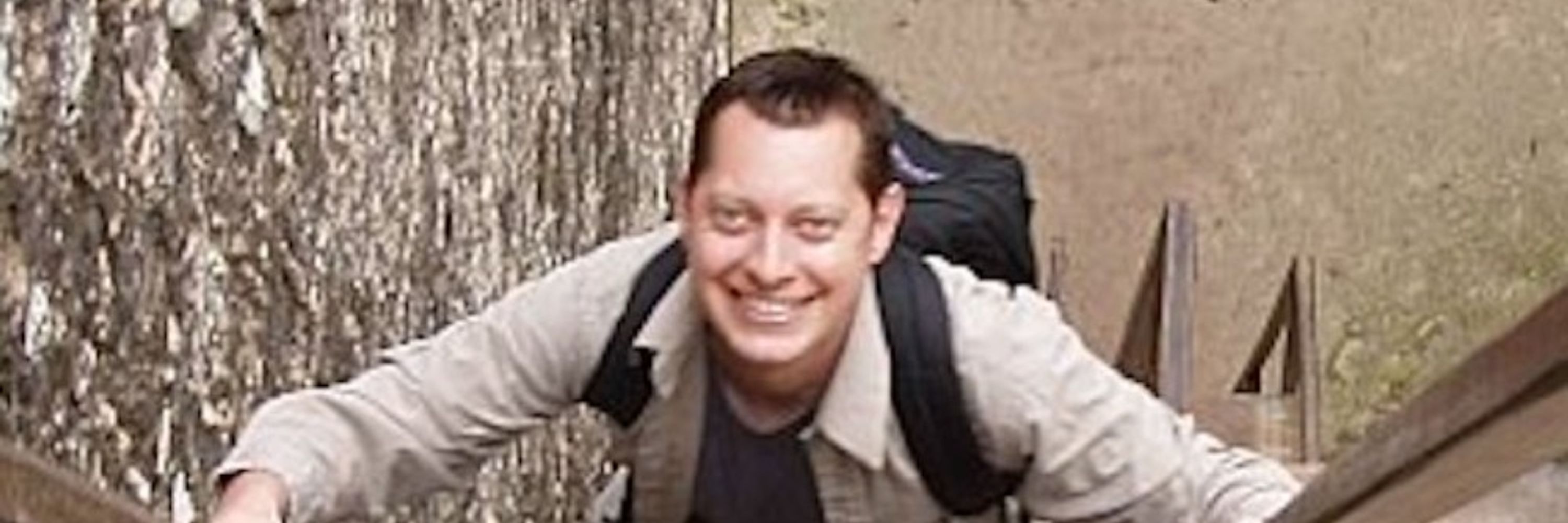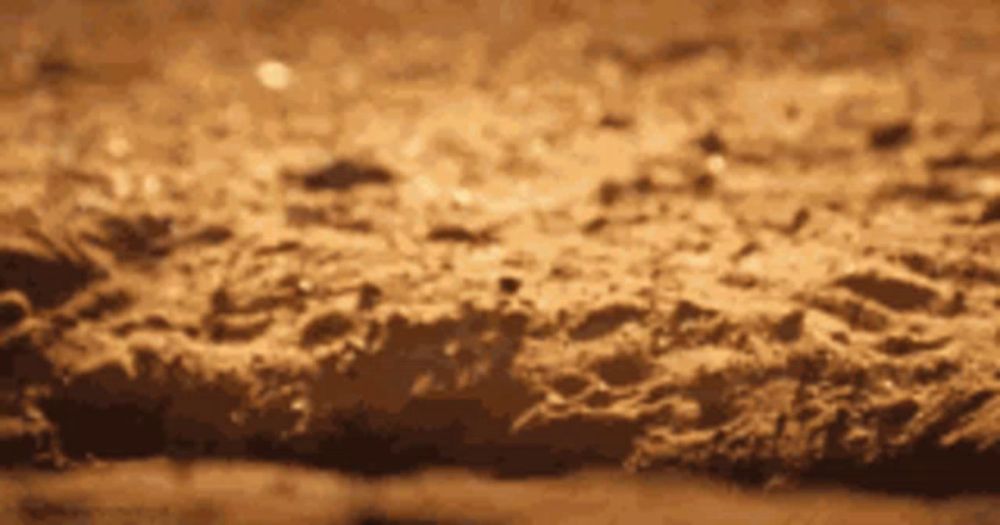

Come join our wonderful department!
He’s not threatening, he’s not brandishing, he’s filming
He’s not threatening, he’s not brandishing, he’s filming
He’s not threatening, he’s not brandishing, he’s filming
How many different trees can be generated by just one duplication event? It turns out A WHOLE LOT, if you consider the coalescent process.
1/
www.biorxiv.org/content/10.6...
How many different trees can be generated by just one duplication event? It turns out A WHOLE LOT, if you consider the coalescent process.
1/
www.biorxiv.org/content/10.6...
One line in the 1000+ pg bill = significantly less science.
The increase to ~40% of grants moving to MYF is estimated to result in a 35% decrease in the NUMBER of NIH grants funded annually—moving the paylines from 10% to around 4%.
THIS IS BAD.
ask your congressional representatives for the current language in the funding bill to be replaced with this language: keep MYF at 2024 levels, NOT 2025 levels 🧪
ask your congressional representatives for the current language in the funding bill to be replaced with this language: keep MYF at 2024 levels, NOT 2025 levels 🧪
www.nytimes.com/interactive/...
www.nytimes.com/interactive/...
Start now and demand no votes for this bill unless the MYF provision is returned — to ban MYF at NIH this year, to set it to zero. We can still do this.
But if scientists stick their heads in the sand and deny reality, we cannot even begin to fight. Realistic optimism.
Start now and demand no votes for this bill unless the MYF provision is returned — to ban MYF at NIH this year, to set it to zero. We can still do this.
But if scientists stick their heads in the sand and deny reality, we cannot even begin to fight. Realistic optimism.
www.appropriations.senate.gov/news/majorit...
1/5

www.appropriations.senate.gov/news/majorit...
1/5
For those making schedules for such events, I have an #rstats package for that; sample fn: bomeara.github.io/scheduleR/re...
🧪 #AcademicSky
For those making schedules for such events, I have an #rstats package for that; sample fn: bomeara.github.io/scheduleR/re...
🧪 #AcademicSky
Regardless, I hope Congress is smart enough to let the White House take the political hit of vetoing an NIH funding bill (and along with it the DoD funding bill) rather than removing that language.
The Senate bill includes a bipartisan amendment from Senators Capito (WV) and Baldwin (WI) limiting multi-year funding of grants.
The House version does not and OMB has issued a veto threat if the House includes such language.
1/3

Regardless, I hope Congress is smart enough to let the White House take the political hit of vetoing an NIH funding bill (and along with it the DoD funding bill) rather than removing that language.


The Senate bill includes a bipartisan amendment from Senators Capito (WV) and Baldwin (WI) limiting multi-year funding of grants.
The House version does not and OMB has issued a veto threat if the House includes such language.
1/3

Based on fairly reasonable assumptions, 50% multi-year funding, the number of new and competing awards is anticipated to drop to approximately 6000 compared to 10,000 had there been no multi-year funding above the historical background rate.

Based on fairly reasonable assumptions, 50% multi-year funding, the number of new and competing awards is anticipated to drop to approximately 6000 compared to 10,000 had there been no multi-year funding above the historical background rate.
Let's assume your manuscript is ready to go, and your competitor is weeks behind. Your choices:
1/You preprint your manuscript. You have an independent, public record of priority. There's always proof that you were first.
And I know that this has indeed happened, but it seems to be extremely rare and, you know, I prefer to be scooped with a preprint than without one 😅
Let's assume your manuscript is ready to go, and your competitor is weeks behind. Your choices:
1/You preprint your manuscript. You have an independent, public record of priority. There's always proof that you were first.
Science is NOT just about how much funding gets allocate, it is about WHO is getting funded. The staffing issues and changing policies are STILL affecting THOSE decisions
But AAAS coming in and saying on record to the NYT “Science is doing ok. Things are not bad at all…” is baffling.
If things are hard for you as a scientist, please share in the comments.
www.nytimes.com/2026/01/10/s...

Science is NOT just about how much funding gets allocate, it is about WHO is getting funded. The staffing issues and changing policies are STILL affecting THOSE decisions

